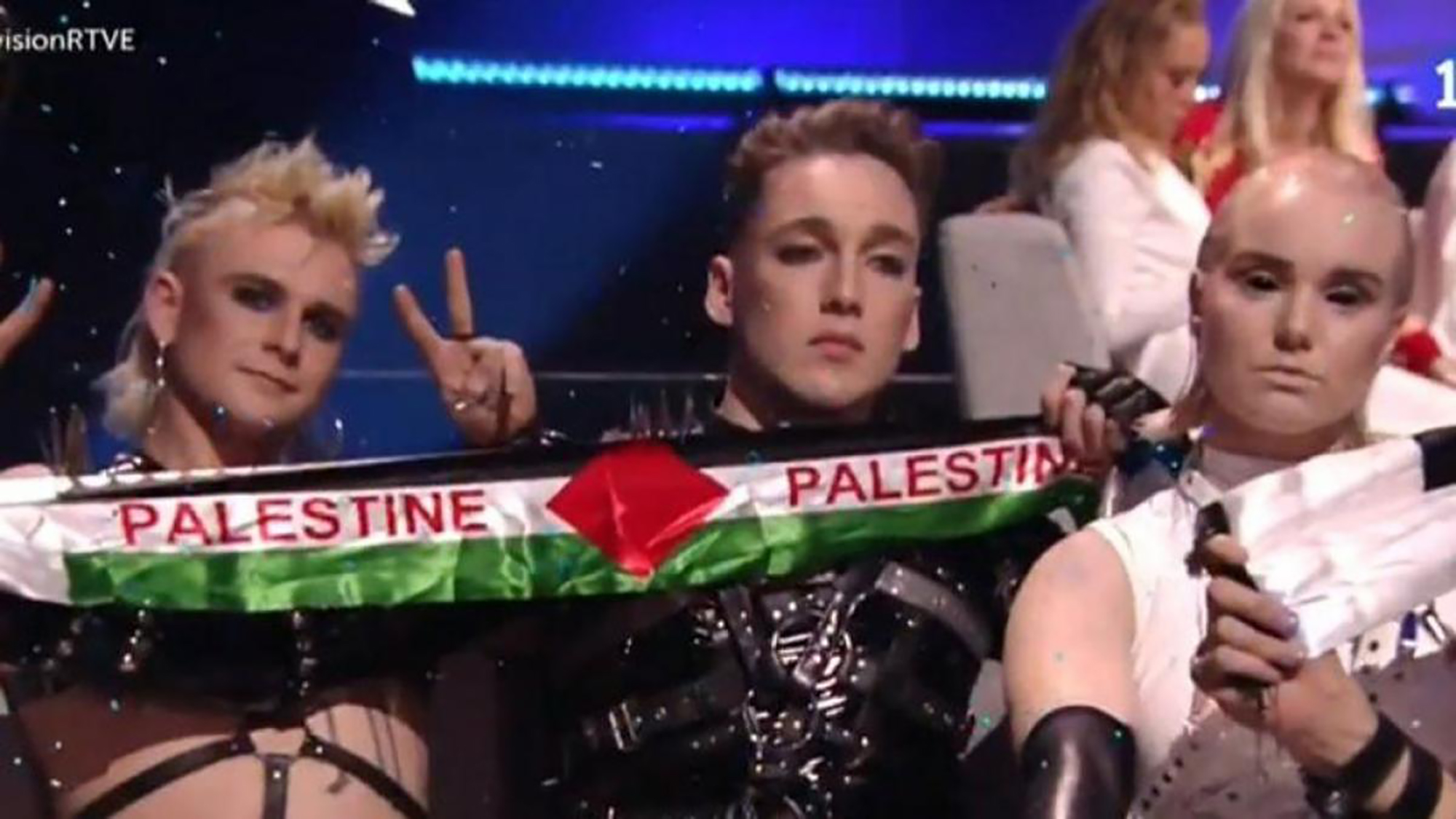
- In the 1950s, with the creation of the Eurovision Tournament, the 17th century piece Te Deum, which celebrates the military triumph of a European country and the failure of many, was chosen as the hymn of the tournament. Himno himno, Eurovision recently showed its opposition to war. But has it always been?

Sternkirke (Flanders), 3 August 1692. In the framework of the Nine-Year War between France and the Augsburg League, the former conquered the Flemings – and the associated Spanish, English, Scottish and German. To celebrate Sternkirk's victory, the French asked for a composition from the musician Marc-Antonine Charpentier. Charpentier formed the religious work Te Deum, of a strong military character.
Two and a half centuries later, in the 1950s, it focused on the reconstruction of post-war Europe and the reconstruction of relations between enemy countries. The European Broadcasting Union (UHE) decided to organise a song competition to strengthen these peaceful relations in a festive atmosphere and in 1956 the Eurovision Song Tournament was held for the first time. Paradoxically, the Te Deum piece, which celebrates the military victory of one European country and the defeat of others, was chosen as the anthem of the tournament.
Israel has won Eurovision four times and the festival has been held three times. And he's never been made of the boiko.
Himno himno, Eurovision recently showed its opposition to war. When Russia invaded Ukraine, the delegations of Sweden and Finland threatened not to participate in the festival if Russia participated. On 25 February the EU officially accused the Russian representation of the 2022 campaign, being Europe’s first official organisation to “punish” Russia.
The fact is that in 1973 Israel participated for the first time in Eurovision. The conflict between Israelis and Palestinians began a long time ago and the 1970s was particularly hard. Since then Israel has won Eurovision four times and the festival has been held three times. And he's never been made of the boiko. The festival was last held in Israel in 2020 and all countries participated without warning. The representatives of Iceland, awaiting the scores, managed to show the Palestinian flag and a message in favour of the Palestinians for a few seconds against all the standards and measures of the organization.
In 2005, on the eve of the 50th anniversary of the festival, the EU decided to choose from all the winners of the best until then, and viewers chose Waterloo, a song that the Swedish group Abba announced in 1974. In this song the Battle of Waterloo is used as a metaphor for love. And, therefore, it is the perfect winner of all Eurovision times, for a festival that conceives and mixes war and peace, invasion and love, politics and music as it suits. From the Hymn itself.